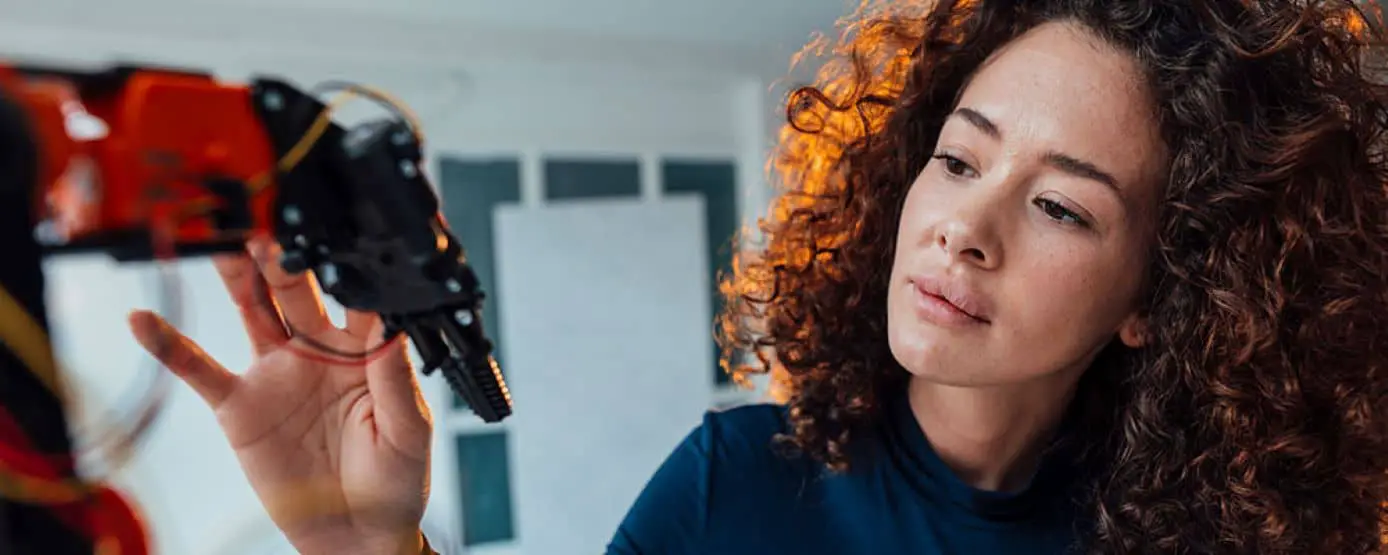You should be sure to keep your personal information up to date. That includes your emergency contacts (which you can configure at Settings > Safety & Emergency > Emergency Contacts) and your Google Account. Your “name, email, phone number, location, device information, and emergency contacts are shared with emergency services and satellite service providers.”
When you tap Start on Satellite SOS, you’ll first be prompted to answer a few questions about your emergency, like whether you’re in a vehicle, and if anyone is in immediate danger. Once you answer these questions, you can then connect to a satellite. You’ll see a giant circle on the screen suggesting directions to point your phone. It’ll need to be flat in your palm, and you’ll need to be outdoors, away from buildings, trees, and mountains (as best as you can). For the best signal, make sure your grip doesn’t interact with the upper half of the Pixel.
Photograph: Julian Chokkattu
Once you point your phone in the right direction, it should connect. Now you’ll get a text message view where you can send messages to emergency services detailing the situation, and hopefully, you’ll have first responders en route soon after.
Now just because you can use smartphones like the Pixel 9 or iPhone 15 to reach emergency responders via satellite doesn’t mean your phone is suddenly the best option for backcountry connectivity. Satellite messengers are more rugged and durable, and since you’re probably not using them all the time like you would be using a smartphone, they have better battery life. They also offer more features, like creating waypoints. All in all, Satellite eSOS is a helpful backup feature, but if you’re regularly going to be in remote areas with limited to no cell connectivity, there’s still a place for dedicated satellite messengers.
Power up with unlimited access to WIRED. Get best-in-class reporting that’s too important to ignore for just $2.50 $1 per month for 1 year. Includes unlimited digital access and exclusive subscriber-only content. Subscribe Today.










